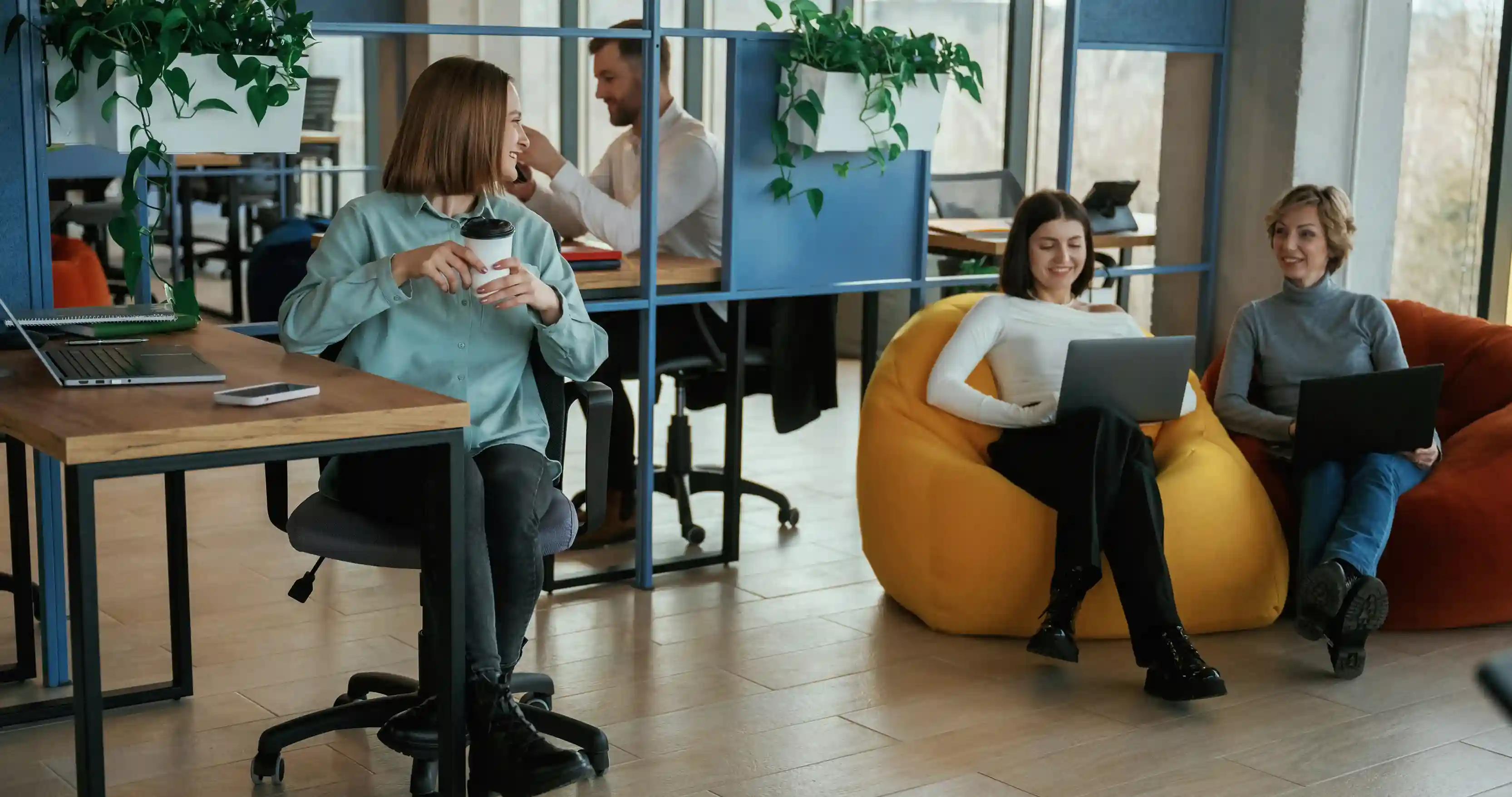Flexible Workspaces: The Key to Work-Life Integration

In today’s fast-paced world, achieving a balance between work and personal life is more important than ever. Traditional office setups often make it challenging for professionals to manage their time effectively, leading to stress and burnout. Enter flexible workspaces—an innovative solution that is transforming the way people work and live.
What Are Flexible Workspaces?
Flexible workspaces are office environments designed to accommodate diverse working styles and schedules. Unlike traditional offices with fixed desks and strict working hours, flexible workspaces offer shared spaces, private offices, hot-desking options, and remote work solutions. They empower employees and businesses to operate in a way that best suits their productivity needs.
How Flexible Workspaces Support Work-Life Integration
1. Greater Control Over Work Schedules
Flexible workspaces provide professionals with the ability to set their own working hours. Whether you're an early riser or a night owl, you can tailor your schedule to maximize efficiency and maintain personal commitments.
2. Enhanced Productivity and Well-Being
With access to ergonomic furniture, quiet zones, and collaborative areas, employees can work in an environment that fosters focus and creativity. This leads to improved job satisfaction and reduced stress.
3. Seamless Work-Home Balance
Unlike rigid office settings, flexible workspaces reduce the need for long commutes. This means more time for family, hobbies, and self-care—ultimately enhancing overall quality of life.
4. Networking and Collaboration Opportunities
Co-working and shared office spaces bring together professionals from diverse industries, encouraging collaboration and networking. This can open doors to new business opportunities and career growth.
5. Cost-Effective Solutions for Businesses
Businesses can save on office space costs by opting for flexible leases and shared resources. This financial flexibility enables companies to allocate funds to employee well-being initiatives, further promoting a healthy work-life balance.
The Future of Work is Flexible
As more companies embrace hybrid and remote work models, the demand for flexible workspaces continues to rise. Employers who prioritize flexibility not only attract top talent but also create a workforce that is engaged, motivated, and well-balanced.
Conclusion
Flexible workspaces are more than just an office trend—they are a game-changer in achieving work-life integration. By providing freedom, convenience, and efficiency, they enable professionals to maintain a fulfilling career without compromising their personal lives. As the future of work evolves, embracing flexible workspace solutions is key to sustaining a happy and productive workforce.
